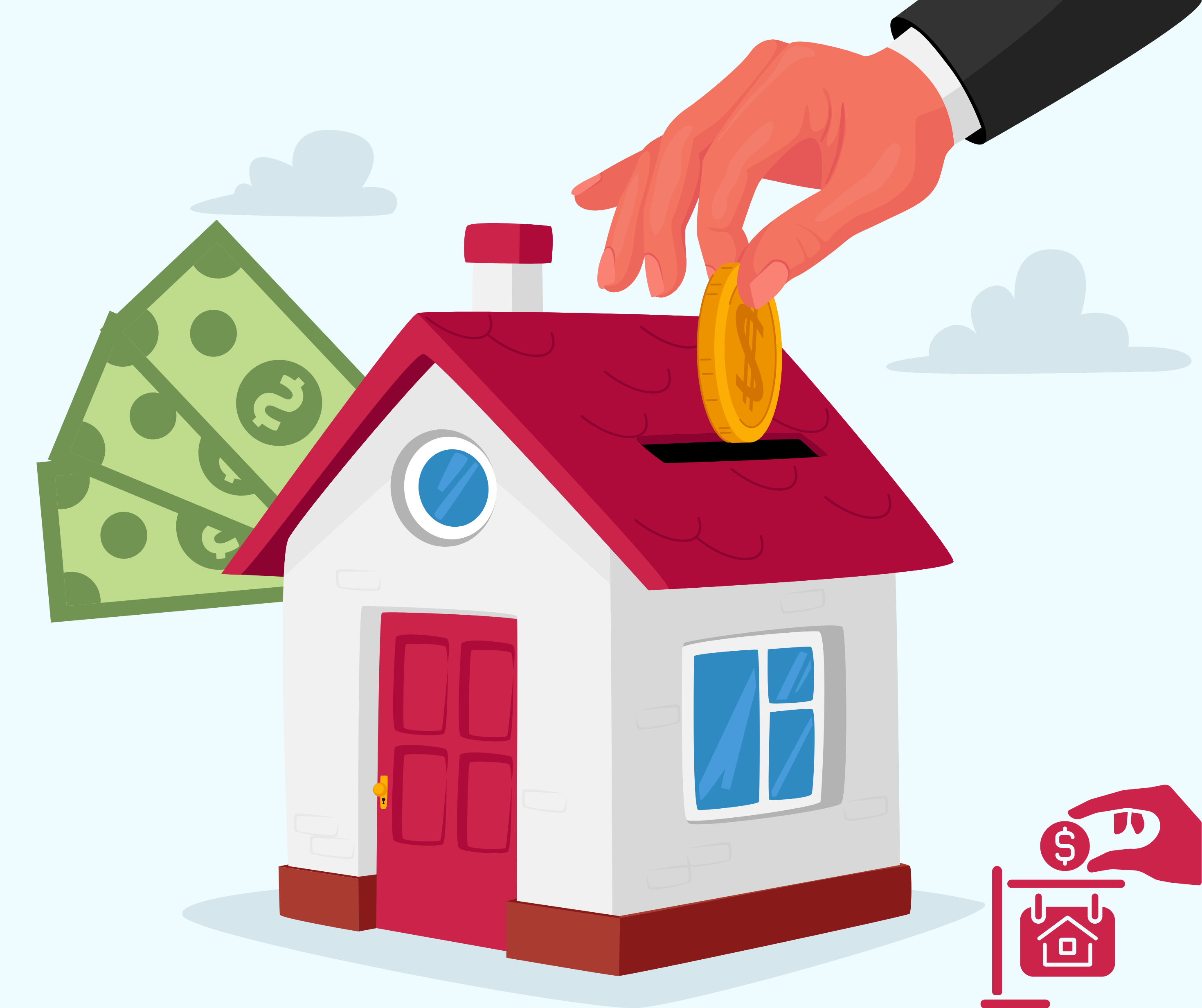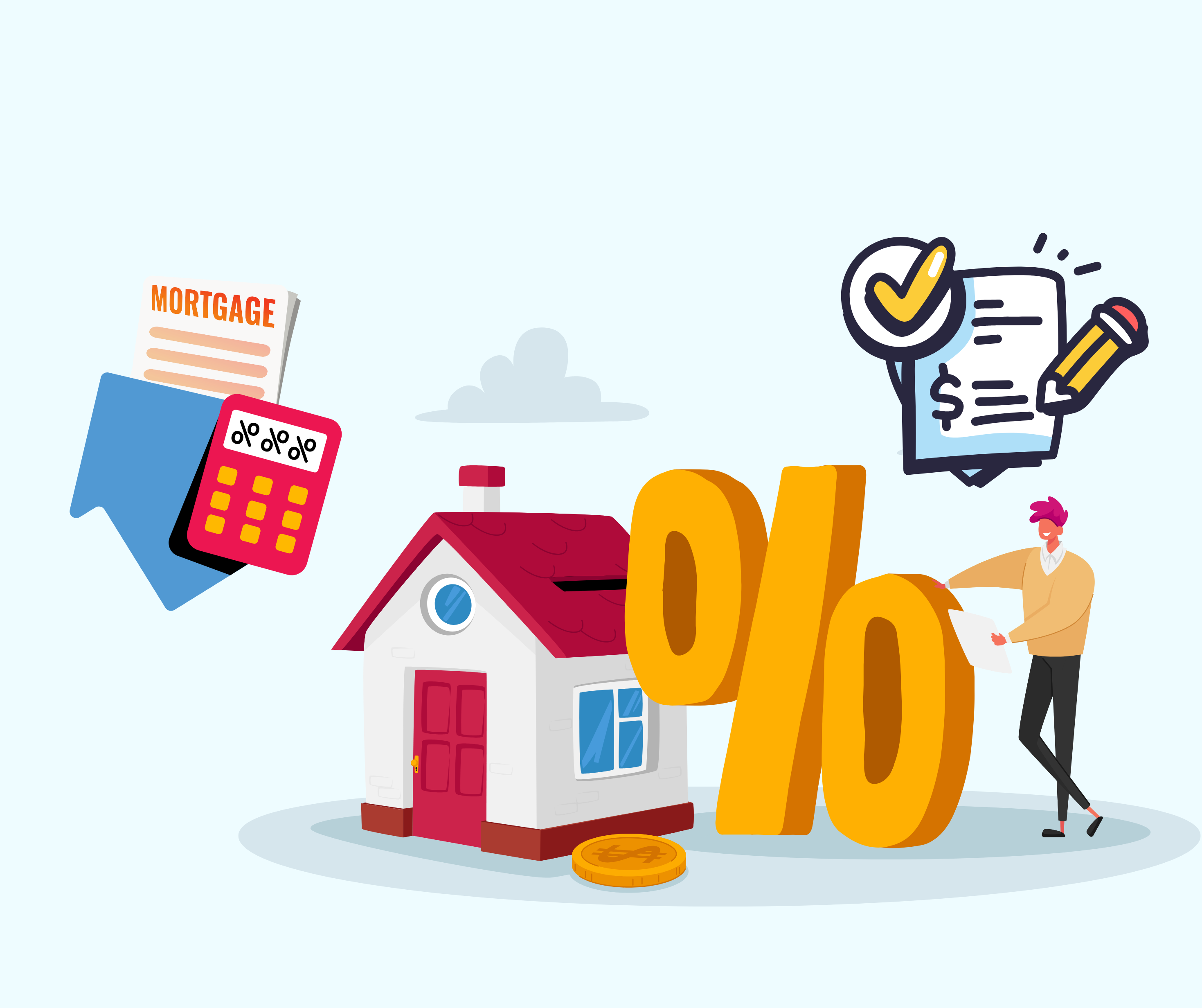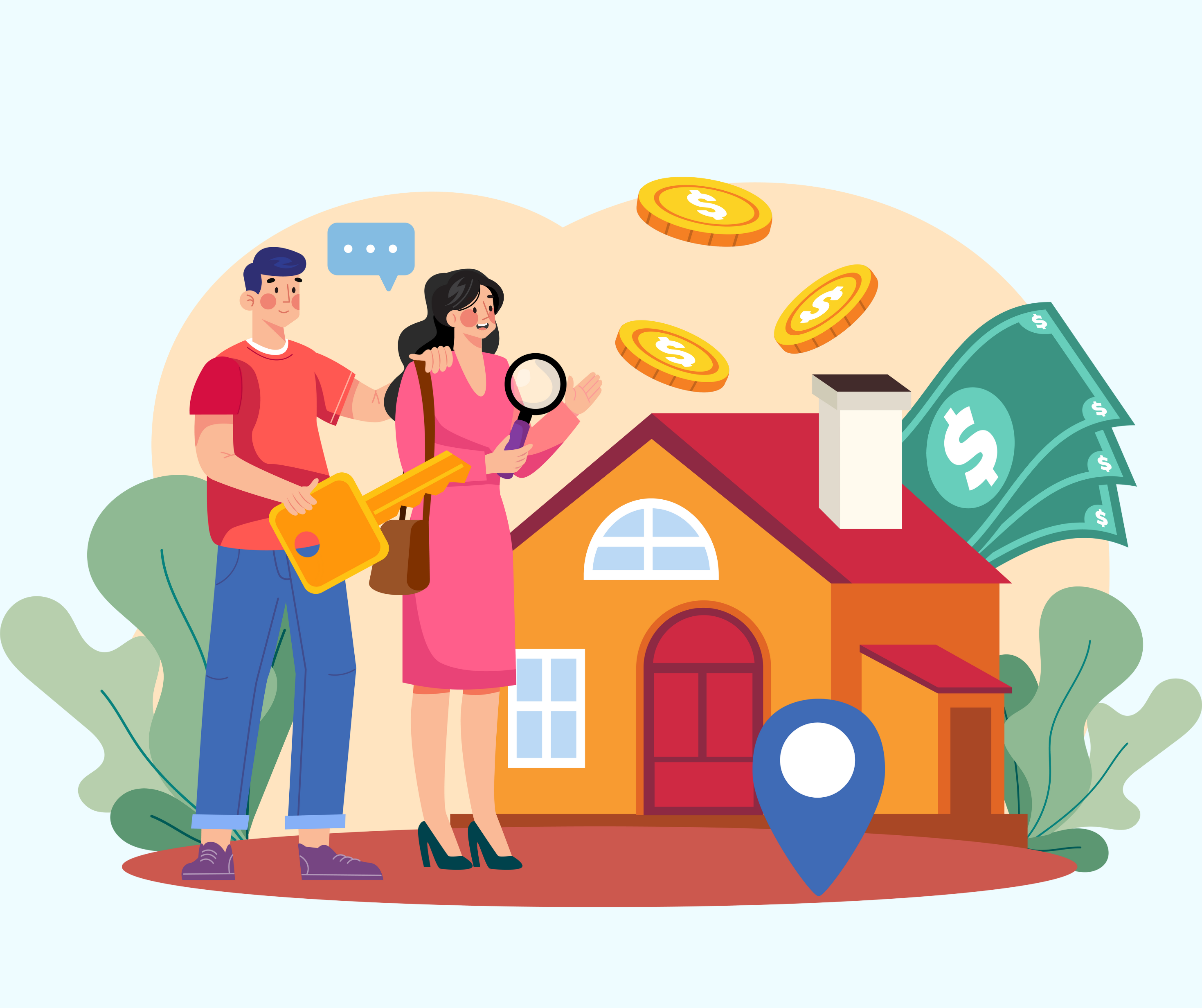Home Buying Finances: A Beginner's Guide to Understanding the Costs

Imagine you're about to embark on an exciting journey to buy your first home. You've been dreaming about this moment, picturing yourself turning the key to your very own front door.
But before you get there, let's talk about something that might seem a bit daunting at first: the financial side of buying a home.
Don't worry, we're going to break this down into bite-sized pieces that anyone can understand, even if you've never thought about home finances before. Let's start at the very beginning.
The Price Tag: More Than Meets the Eye
When you start looking at homes, you'll see prices listed. This is called the "purchase price", and it's the amount of money the seller wants for their home.
But here's the thing: this isn't the only cost you'll need to think about. In fact, it's just the start.
Think of buying a home like buying a car. The price on the windshield isn't the only thing you pay, right? There's insurance, gas, and maintenance. Homes are similar, but on a bigger scale.
Your First Investment: The Down Payment

Now, most people can't pay for a whole house at once. That's where something called a "down payment" comes in. This is money you pay upfront as your initial investment in the home.
Traditionally, people aim to pay 20% of the home's price as a down payment. So, if a home costs $600,000, a 20% down payment would be $120,000. But don't panic! These days, there are options to put down less, sometimes as low as 3% or even 0% in special cases.
Here's a little secret: putting down a larger down payment can lower your monthly costs later on. But if you don't have a large down payment, don't worry. There are still ways to buy a home.
The Hidden Costs: Closing the Deal
Now, here's something that surprises many first-time buyers. On the day you officially buy your home (we call this "closing day"), there are additional costs to pay. These are called "closing costs".
Closing costs cover things like:
- Fees for the people who process your home loan
- Charges for checking that the seller really owns the home and can sell it to you
- Costs for inspecting the home to make sure it's in good shape
These costs usually add up to about 1-4% of your home's price. So, for our $600,000 home example, you might pay $6,000 to $24,000 in closing costs.
The Long Haul: Ongoing Costs of Owning a Home
Once you've bought your home, there are regular costs to keep it running. We call these "ongoing costs". They include:
- Property taxes: This is money you pay to your local government, usually yearly, based on the value of your home.
- Homeowners insurance: This protects your home in case of damage or accidents.
- Maintenance: Homes need care. You might need to fix a leaky roof, replace an old water heater, or repaint the walls.
- Utilities: These are your regular bills for electricity, water, gas, and so on.
When you're planning to buy a home, it's important to think about these ongoing costs. They're part of the real cost of owning a home.
Your Home Loan: Understanding Mortgages

Remember how we said most people can't pay for a whole house at once? That's where a "mortgage" comes in. A mortgage is a special type of loan for buying a home.
Here's how it works: a bank or other lender gives you the money to buy the home. In return, you promise to pay back that money, plus interest, over a long period - usually 15 or 30 years.
There are different types of mortgages:
- Some have interest rates that stay the same for the whole loan tenure (fixed-rate mortgages)
- Others have rates that can change over time (adjustable-rate mortgages)
- Some are backed by the government to help certain groups of people buy homes
The type of mortgage that's best for you depends on your personal situation.
When you apply for a mortgage, lenders will look at many factors to decide if they'll give you a loan. One of the most important factors is something called your credit score.
Your Financial Report Card: Understanding Credit Scores
When you're buying a home, there's something called a "credit score" that plays a big role. Think of it as a financial report card for adults. Just like your grades in school show how well you're doing in your classes, your credit score shows how well you've been managing your money and paying your bills.
Your credit score is a number, usually between 300 and 850. The higher the number, the better. Here's a simple way to think about it.
| Credit Score Range | Remarks |
|---|---|
| 750 or above | Excellent! You're at the top of the class. |
| 700-749 | Very good. You're doing well. |
| 650-699 | There's room for improvement. |
| Below 650 | This might make getting a home loan more challenging. |
Why does this matter when buying a home? Well, when you ask a bank for a mortgage, they look at your credit score to decide two important things:
- Whether they'll lend you money for a home
- How much interest you'll need to pay on your mortgage
If you have a high credit score, banks see you as responsible with money. They're more likely to give you a loan, and they might offer you a lower interest rate. This could save you thousands of dollars over the life of your mortgage!
Don't worry if your credit score isn't perfect. There are ways to improve it:
- Pay your bills on time, every time
- Try to pay off some of your debts
- Don't apply for new credit cards right before buying a home
Remember, your credit score isn't set in stone. With some effort, you can improve it over time. If you're thinking about buying a home in the future, it's a good idea to start working on your credit score now.
Now that we understand credit scores, let's look at how all these pieces fit together in your home-buying budget.
Putting It All Together: Your Home Buying Budget
When you're figuring out how much home you can afford, you need to consider all these pieces:
- The down payment you can make
- The monthly mortgage payments you can afford
- The closing costs you'll need to pay
- The ongoing costs of owning the home
It might seem like a lot, but don't get discouraged. Many people successfully navigate this process every day, and with the right preparation, you can too.
Your Next Steps: Getting Ready to Buy

Now that you understand the basics of home-buying finances, here are some steps you can take:
- Start saving: Every little bit helps, whether it's for your down payment or future home costs.
- Check your credit score: Your credit score can affect your mortgage options. The better your score, the better your options might be.
- Research: Look into first-time homebuyer programs in your area. Many offer financial assistance or education.
- Talk to a professional: A good real estate agent or financial advisor can help you understand how home buying fits into your personal financial picture.
Remember, buying a home is a journey. It might seem complicated at first, but take it one step at a time. Before you know it, you'll be unlocking the door to your very own home, with a solid understanding of the finances behind your purchase.
In our next article, we'll explore how to find the right neighborhood for your new home. After all, once you understand the finances, it's time to think about where you want to live!


